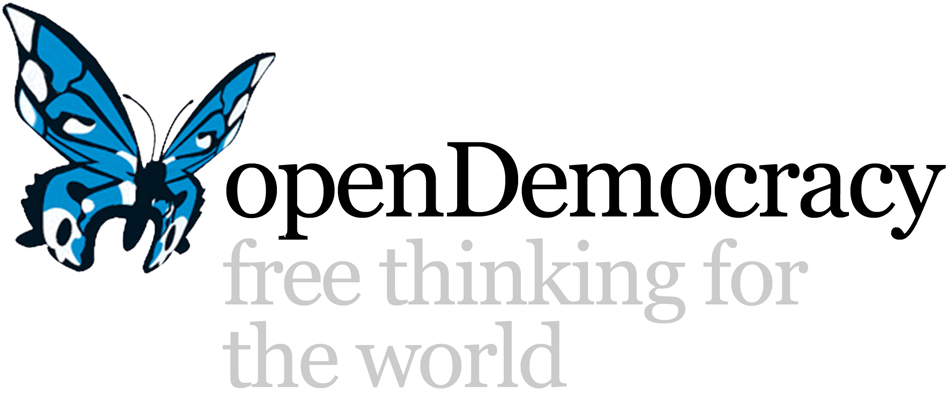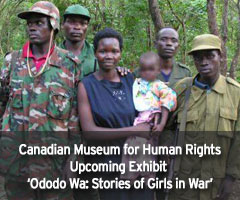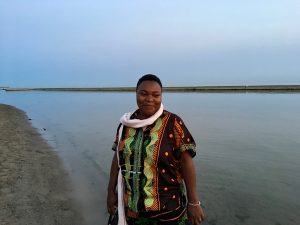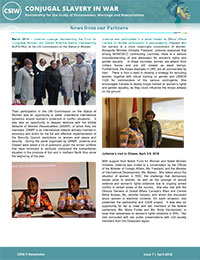Gaëlle Breton-Le Goff
Courts distort the voices of victims in various ways, making it difficult to piece together the truth.
It is disturbing to note that the perpetrators and victims who testified in the Charles Taylor trial before the Special Court for Sierra Leone all used the word “marriage” to describe what are really imposed sexual relations.1 It is therefore based on the words of the victims and former perpetrators that the prosecutor’s office and then the judges built their notion of “forced marriage” initially,2 and that of “conjugal slavery” at a later stage.3
In this context, the voices of the victims are particularly important as they provide a factual basis for developing new international crimes. For this reason, I have been working to identify the voices of the victims that served to qualify the crime of forced marriage/sexual slavery in those cases handled by the International Criminal Court (ICC). My goal has been to better understand the logic of how crimes are defined. This testimony-gathering exercise, however, has not been without a number of challenges, which I will try to highlight.
Methodologically, my study has focused on four ICC cases related to the crimes of forced marriage/sexual slavery: three in the Democratic Republic of Congo (DRC) 4 and one in Uganda.5 The testimonies of the victims were collected both at the confirmation hearing stage and at the trial stage. The testimonies came both from witnesses of the prosecutors and from victims authorised to participate in the proceedings pursuant to Article 89 and following of the ICC Rules of Procedure and Evidence.6
Problems faced in seeking the voices of the victims included: 1) the limited number of cases relating to such crimes; 2) the increased number of redacted testimonies across trials; 3) the prosecutor’s intermediary role in accessing the testimonies of victims at the key stage of confirmation of charges; 4) the impact of the prosecution’s strategy on the testimony; 5) the use and misuse of the terms “marriage” and “wife” by the prosecution; and finally 6) the death of the witness and the consequences of trauma on the testimony. [Full blog here]






